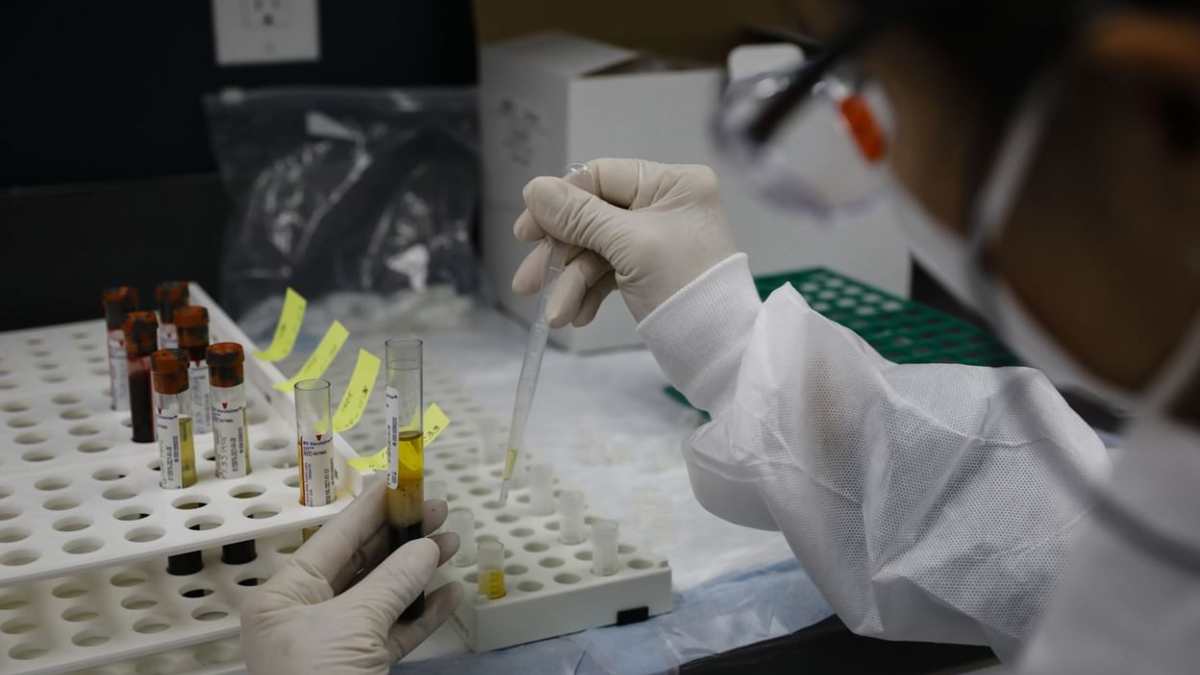


The Covid-19 vaccine, developed by the University of Oxford, has triggered an immune response, raising hopes of a path out of the current pandemic gloom. The vaccine also generated lower adverse responses among the elderly, news agency Reuters quoted British drug maker AstraZeneca Plc, which is helping manufacture the vaccine, as saying on Monday.
“It is encouraging to see immunogenicity responses were similar between older and younger adults and that reactogenicity was lower in older adults, where the Covid-19 disease severity is higher,” an AstraZeneca spokesman said. “The results further build the body of evidence for the safety and immunogenicity of AZD1222,” the spokesman said, referring to the technical name of the vaccine.
The Oxford/AstraZeneca vaccine is expected to be one of the first from big pharma to secure regulatory approval, along with Pfizer and BioNTech’s candidate, as the world tries to plot a path out of the Covid-19.
The news that older people get an immune response from the vaccine is positive because the immune system weakens with age and older people are those most at risk of dying from the virus. If it works, Reuters reported, a vaccine would allow the world to return to some measure of normality after the tumult of the pandemic.
British Health Secretary Matt Hancock said a vaccine was not yet ready but he was preparing logistics for a possible roll out mostly in the first half of 2021. Asked if some people could receive a vaccine this year he told the BBC: “I don’t rule that out but that is not my central expectation… The programme is progressing well, (but) we’re not there yet.”
Work began on the Oxford vaccine in January. Called AZD1222 or ChAdOx1 nCoV-19, the viral vector vaccine is made from a weakened version of a common cold virus that causes infections in chimpanzees.
The chimpanzee cold virus has been genetically changed to include the genetic sequence of the so-called spike protein which the coronavirus uses to gain entry to human cells. The hope is that the human body will then attack the novel coronavirus if it sees it again.
Immunogenicity blood tests carried out on a subset of older participants echo data released in July which showed the vaccine generated “robust immune responses” in a group of healthy adults aged between 18 and 55, the Financial Times reported earlier.
Details of the finding are expected to be published shortly in a clinical journal, the FT said. It did not name the publication.
WITH AGENCY INPUTS